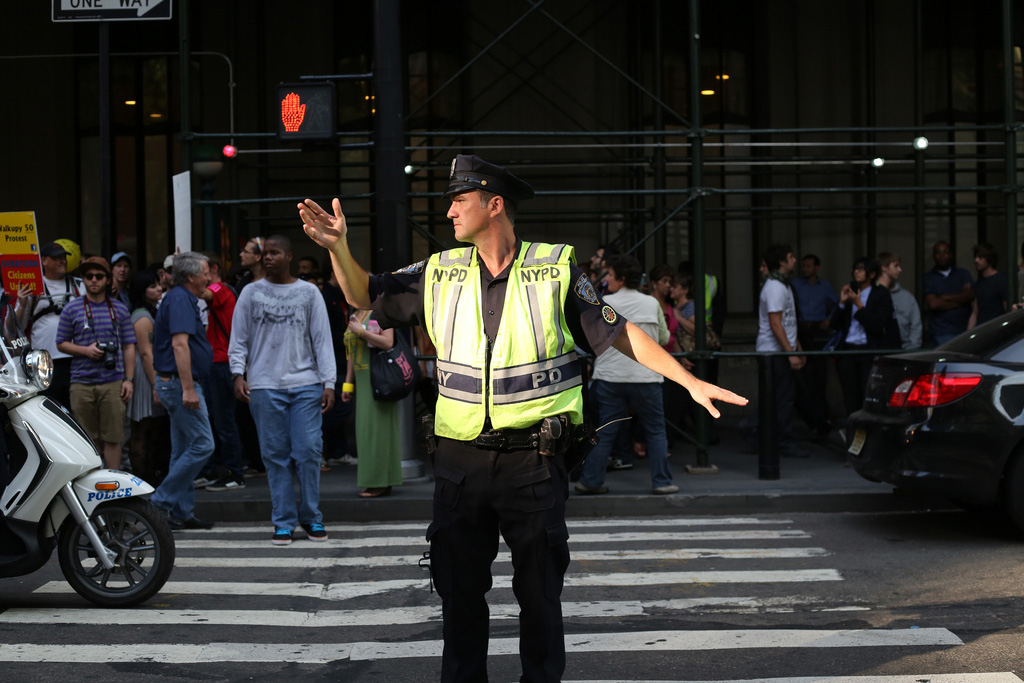
African-based developers are shaping Artificial Intelligence (AI) to solve the continent’s problems, as Google’s first AI lab in Africa opens for business in Ghana.
The U.S. internet tech giant first announced plans to open the AI research in Ghana’s capital, Accra, in 2018. It said its goal is to provide researchers with the necessary tools to build products that can solve Africa’s problems in every field, particularly in health and agriculture.
AI is, basically, the science of making machines that appear intelligent, according to Google. It is an area of computer science that emphasizes the creation of intelligent machines that work and react like humans to solve real-world problems. A vast majority of cutting-edge AI is still done in places like Silicon Valley, London, and Shenzhen, but the rest of the world is beginning to recognize the rich AI possibilities in Africa.
“AI is a critical tool used today and used to accelerate all sorts of sciences in physics, chemistry and engineering. But most of the people working and advancing the science and developing it in the field are based mostly in Western countries,” Moustapha Cisse said.
The Accra office, which is the first in Africa, will join similar AI research centers in Paris, Tel Aviv, and, San Francisco.
Cisse will be working with nine other software engineers and research scientists from different countries – Nigeria, Lesotho, Senegal, Uganda, Canada, UK, USA, Israel and Ireland.
Another challenge will be to develop AI that will translate the over 2,000 African languages spoken on the continent. Nyalleng Moorosi, a software engineer at the Accra AI centre told CNN that since AI essentially works on data that is fed into it, it “sometimes displays a real-world bias that isn’t inclusive and representative of all end users.” To control this, more Africans would be included in data gathering to ensure an accurate representation of users, Moorosi, who comes from Lesotho, and holds a bachelor’s degree from a liberal arts college, said. “When you build something, you think it will only work for the world you know and your neighbourhood. And you forget that maybe it can be so great it becomes deployed to foreign neighbourhoods,” she said.

































